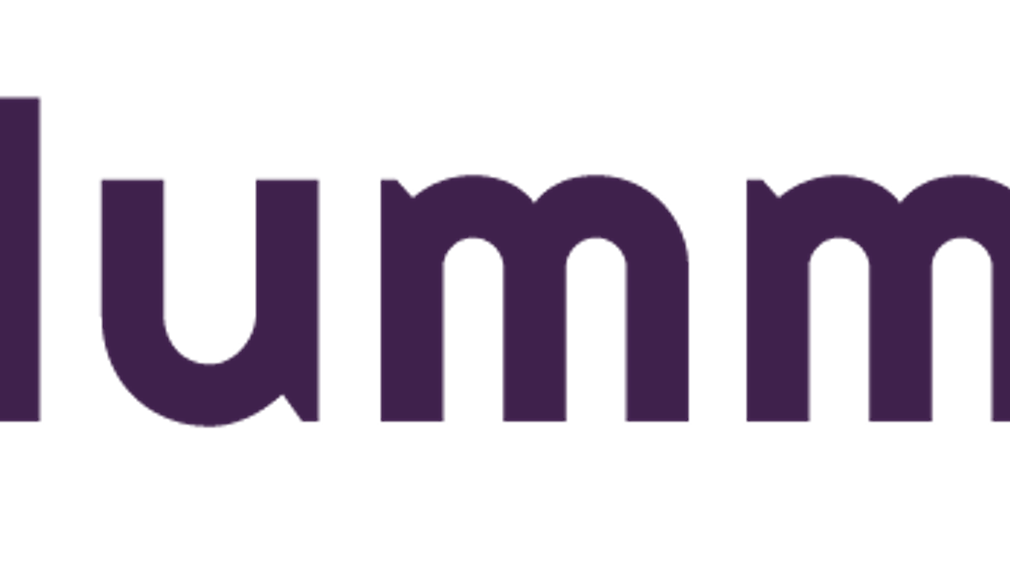Empathetic AI made by and for the community
Humma.AI’s innovation will advance knowledge in the industry by pioneering a novel AI system that emphasizes the integration of diverse human experiences and community discussion, enhancing the application of empathetic technology in real-world scenarios (Broom et al., 2019).

What is the primary issue area that your application will impact?
Community safety
In what stage of innovation is this project, program, or initiative?
Pilot or new project, program, or initiative (testing or implementing a new idea)
What is your understanding of the issue that you are seeking to address?
AI faces a critical challenge: bias, discrimination, and violence are ingrained in LLMs, which dominate the marketplace and potentially impact hundreds of millions of individuals. A recent study revealed that more than 63% of people express concerns about bias and related harms (Statista, 2023). Despite parallels with ethical issues on social media, significant action from big technology companies remains elusive. Without decisive intervention, these issues will exacerbate, further eroding trust.
Describe the project, program, or initiative this grant will support to address the issue.
In contrast, Humma.AI introduces a new framework. The Empathetic AI technology uniquely learns from diverse human feedback, allowing continuous adaptation to evolving societal norms and needs and providing a more empathetic and practical end-user experience for all people (Suman et al., 2021).
Humma.AI’s pioneering empathetic AI system integrates a multi-touch human-in-the-loop approach tailored to diverse individuals. By overcoming technological limitations, the company’s software as a service for lead generation, customer service, and data licensing promises to foster empathy and understanding, advancing societal well-being and addressing complex challenges in healthcare and SMBs (Rane, 2023). By addressing the needs of marginalized populations, Humma.AI, Inc. seeks to provide better service for all of us. To what end? Empathetic AI will be ready to scale a more empathetic user experience for humans' wide range of needs, whether they are looking for a product or service or as robotics come online that serve our needs.
Describe how Los Angeles County will be different if your work is successful.
Los Angeles is our pilot city, which means that as we build a billion-dollar business, our communities will be the first to benefit.
WHO: Women, Black, Latinx/a/o, Asian, people of color broadly, LBGTQ+, religious minorities, people with disabilities (by serving those in high need groups, we believe we can better serve ALL OF US).
HOW: We'll track our pipeline of newly trained AI prompt engineers and our pipeline of new talent ready to enter the job marketplace, creating more representation in the tech industry.
EVIDENCE: We'll work with a 3rd party (academia) to track how our training programs helped to create more representation in the tech marketplace.
THESIS: Through these efforts, we seek to empower marginalized communities and foster a more diverse and equitable tech industry for all.
What evidence do you have that this project, program, or initiative is or will be successful, and how will you define and measure success?
Safety, Dignity & Control (local to global users)
WHO: Women, Black, Latinx/a/o, Asian, people of color broadly, LBGTQ+, religious minorities, people with disabilities (by serving those in high need groups, we believe we can better serve ALL OF US.
HOW: We'll use user surveys to track psychological safety, set a baseline, and track progress over time on the impact of Empathetic AI.
EVIDENCE: Improvements in feeling safe because they engaged with Humma.AI and their ability to control and profit from their data.
THESIS: Our goal is to give users power back, enabling them to feel safer, more in control and ownership of their data, and to benefit from it directly. This approach aims not only to improve user experiences but also to foster a more inclusive and supportive digital environment globally.
Approximately how many people will be impacted by this project, program, or initiative?
Direct Impact: 116,506.0
Indirect Impact: 233,012.0